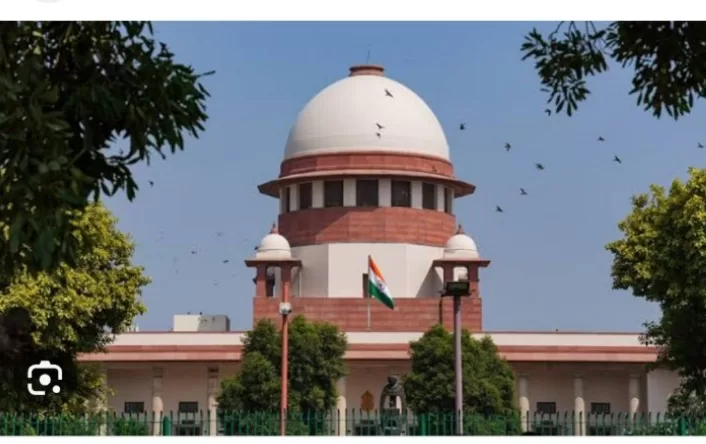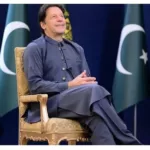The hallowed corridors of the Supreme Court resonate with a paradigm-altering development. A critical disclosure unfurls as the apex court thrusts its spotlight on the restoration of statehood to Jammu and Kashmir (J&K). Today, a startling revelation was unveiled before the court that the government is poised to deliver a “positive statement” on the reinstatement of J&K’s statehood.
In a riveting courtroom exchange, the highest court of the land, ensconced in a labyrinthine web of legal petitions challenging the abrogation of Article 370 – the constitutional provision that conferred special status upon J&K – emphatically echoes the imperative for reinstating democracy. Inquisitive minds in the courtroom summon Solicitor General Tushar Mehta and query, “Can a State be transformed into a Union Territory? Can a Union Territory be chiseled from a State?” Amidst the ensuing deliberation, anticipation looms large regarding the timeline for conducting election. Recommended by Solicitor General Tushar Mehta unequivocally responds, underscoring the transition of Assam, Tripura, and Arunachal Pradesh from States to Union Territories. In a resounding proclamation, Mehta avers that “union territory” is not an indelible fixture and cites authoritative statements from Union Minister Amit Shah that align with this stance. Moreover, Mehta endorses the persistence of Union Territory status for Ladakh.
The constitutional bench, led by the erudite Chief Justice DY Chandrachud, artfully weaves a narrative that traverses national security concerns, accentuating the pivotal role played by the government when Article 370 was abrogated four years ago. However, amidst these deliberations, the apex court steadfastly underscores the cruciality of resurrecting democracy within the region.
Rewinding the tape to 2019, the annals of Indian governance resound with the historic decision to abrogate Article 370, accompanied by the division of Jammu and Kashmir into two distinct union territories – J&K and Ladakh. Pledged under the promise of reestablishing normalcy, the government pledged the eventual restoration of statehood.
Solicitor General Mehta unveils the latest developments, underscoring the government’s assertion on the Parliament floor that proactive steps are underway to restore statehood to J&K. Highlighting recent local elections in J&K, Mehta asserts that the imminent revival of statehood is now an inevitable narrative.
Days prior, the government articulated a seminal standpoint, emphasizing that J&K’s present status is transitory and that reinstatement of statehood remains on the horizon. The Solicitor General heralds, “It is imperative for J&K to remain under the Union as a Union Territory for a brief period. However, the trajectory inevitably leads to the restoration of J&K’s sovereign state status.” This proclamation transpired during the twelfth day of deliberations.
A crossroads in constitutional interpretation, the apex court, during the preceding week, probed into the legitimacy of the abrogation of Article 370. The Attorney General R Venkataramani, while championing the government’s stance, asserted that due process was meticulously followed, dispelling notions of constitutional fraud. Amid the legal sparring, Attorney General Venkataramani countered allegations of wrongdoing, emphasizing that the procedural steps were meticulously executed and the argument of “constitutional fraud” remains unsubstantiated and inconceivable.As the courtroom drama unfurls, it sheds light on the complex interplay of constitutional doctrines, the fragility of statehood, and the indomitable spirit of democracy. The consequential dialogue navigates through the realms of Supreme Court, Jammu and Kashmir, and Article 370, fashioning a narrative destined to reshape the contours of governance.




